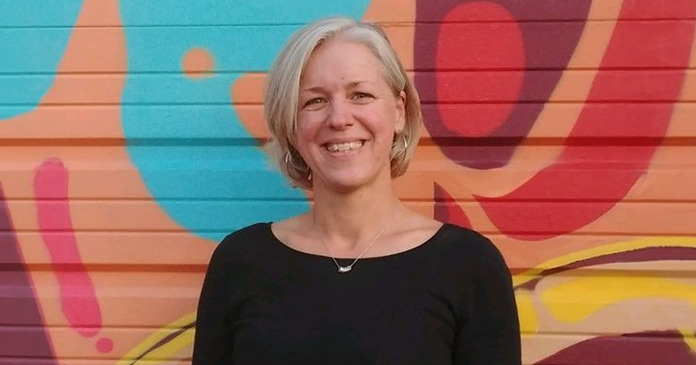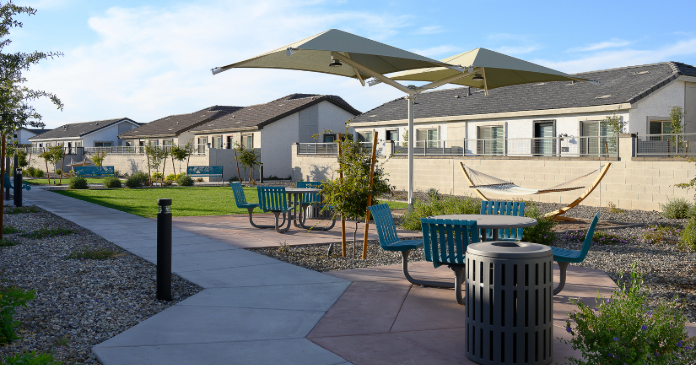Certain market conditions are loosening, according to the NMHC Quarterly Survey of Apartment Market Conditions, conducted in January 2020. The Sales Volume Index slipped further below the breakeven level (50) to 43, indicating a continued softness in property sales. “This reflects some seasonal decline along with the paucity of available deals, some respondents also noted the negative impact of the new rent laws in New York,” said NMHC Chief Economist Mark Obrinsky.
Additionally, Market Tightness (48) slipped below the breakeven level (50). “Apartment markets showed some softening in line with the slower leasing in the winter months,” noted Obrinsky. “Even so, the Market Tightness Index reading of 48 was the highest January reading in five years, and slightly higher than the January average of 45 in the survey’s 21-year history.”
On the financing side, the survey results painted a much different picture. The Equity Financing (61) and Debt Financing (68) indexes signaled improving availability of capital, coming in well above the breakeven level (50).
The survey also included a question on zoning reforms. Thirty-six percent of respondents indicated that they operate in a locality considering zoning changes, with 8 percent of those respondents stating that their jurisdiction has already taken action. Of respondents in localities discussing revamped zoning regulations, 44 percent have observed strong community opposition.
- The Market Tightness Index decreased from 54 to 48, indicating the first sign of looser market conditions since January 2019. Nearly one-quarter (23 percent) of respondents reported looser market conditions than three months prior, compared to 18 percent who reported tighter conditions. Over half (59 percent) of respondents felt that conditions were no different from last quarter.
- The Sales Volume Index decreased from 46 to 43, with 28 percent of respondents reporting lower sales volume than three months prior. Over half (58 percent) of respondents regarded volume as unchanged, while a much smaller group—14 percent of respondents—reported higher sales volume. The share of respondents indicating increased sales volume has not been this low for eleven quarters.
- The Equity Financing Index rose from 55 to 61, marking the ninth straight quarter of improving or unchanged conditions. Twenty-seven percent of respondents reported that equity financing was more available than in the three months prior, compared to only five percent who believed equity financing was less available. Meanwhile, the majority of respondents (58 percent) thought that conditions were unchanged in the equity market.
- The Debt Financing Index decreased from 75 to 68, with 40 percent of respondents still reporting better conditions for debt financing compared to the three months prior, while only five percent felt that financing conditions were less favorable. This quarter, the largest share of respondents (45 percent) felt there were unchanged conditions.
About the Survey
The January 2020 Quarterly Survey of Apartment Market Conditions was conducted January 21-28, 2020; 78 CEOs and other senior executives of apartment-related firms nationwide responded.













